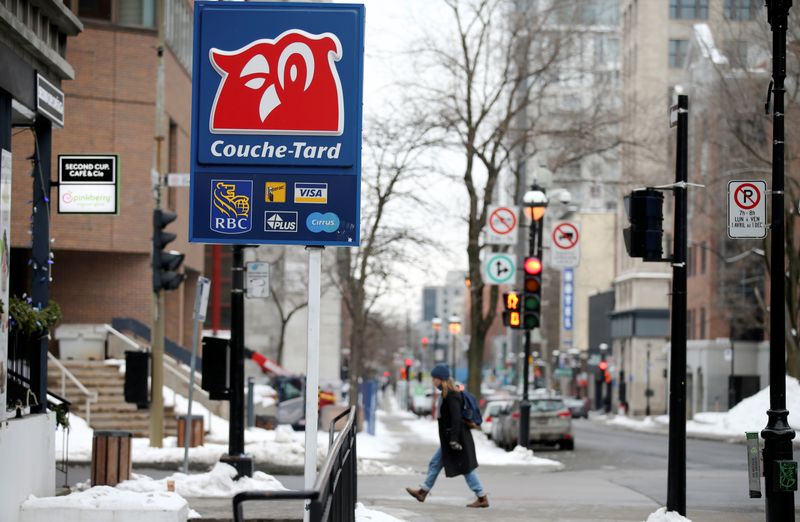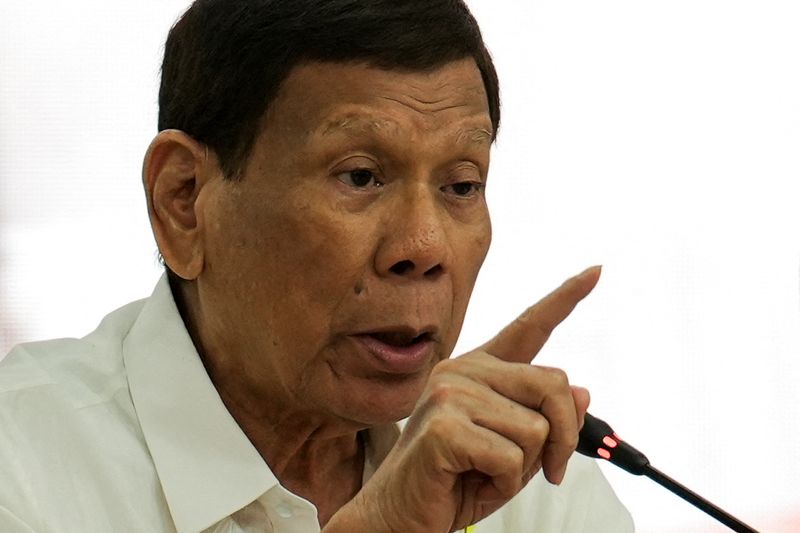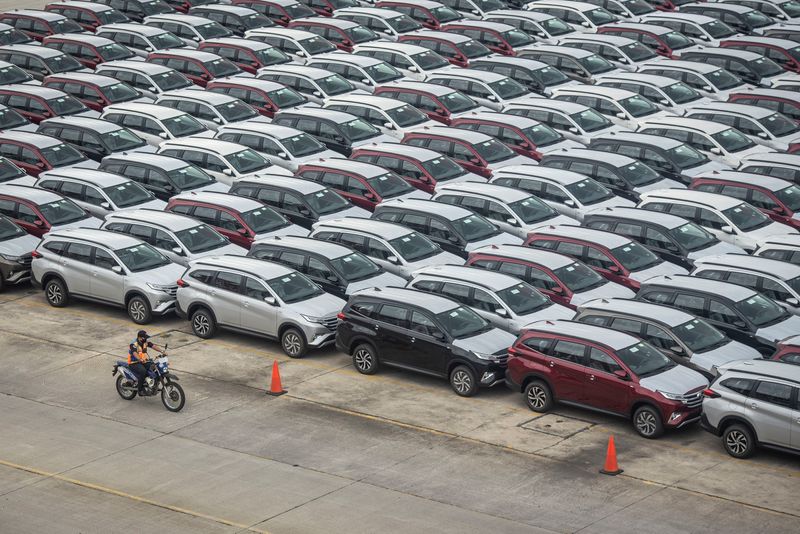European Commission maps out ‘power grab’ over €1.2 trillion money pot
The Commission floated merging 530 programs into one national cash pot.

BRUSSELS ― European Commission President Ursula von der Leyen is laying out how she plans to pressure countries to implement key economic reforms if they want to access the EU’s €1.2 trillion seven-year cash pot.
The Commission’s budget officials mapped out in an informal document seen by POLITICO the increasing hoops that EU countries will have to jump through to get their cash in the next budget plan that runs from 2028 until 2034. The big idea is that Brussels will impose far more stringent conditions than in previous budgets.
Some 530 programs currently in place for each EU country will be lumped into a single national cash pot, which will determine spending in sectors ranging from farm subsidies to social housing, according to the text.
The document states that countries will have to address the gender gap to receive money for social housing or promote organic farming to access agricultural funding ― a move that is likely to stir dissent among farmers who rely on EU subsidies.
With a flagging economy and war raging on its doorstep, the EU executive is under immense pressure to steer its investment away from unproductive subsidies — automatically doled out to traditional sectors such as agriculture — and toward new priorities such as defense and building pan-European industrial champions.
The Commission document signals that Ukraine’s accession to the EU and the gradual repayment of more than €300 billion of post-Covid debt might push the next budget beyond the current threshold.
Few things in Brussels are as fiercely political as budget talks. But the Commission’s radical ideas for the coming seven years lay the scene for harder-than-usual negotiations with European capitals wary of giving in to what they see as a Brussels power grab.
EU countries will have to unanimously approve the new budget before the end of 2027.
Budget brainstorm
The Commission’s budget department is brainstorming different options in preparation for its formal proposal next year.
Von der Leyen set out the direction of travel by tasking the EU’s new budget commissioner, Piotr Serafin, with developing “a plan for each country linking key reforms with investments” in his mission letter.
Each national plan will include agricultural subsidies and funding to poorer regions ― known in Brussels as cohesion, as it is meant to help European economic standards converge ― which currently make up almost two-thirds of the EU’s total cash pot, according to the document.
The biggest change to the current rules is that countries will receive the money only if they carry out reforms favored by Brussels.
“You could expect this [internal document] to come from a think tank; not from the European Commission,” said an EU official who, like others, was granted anonymity to speak freely about private discussions.
Looming cuts
There are lingering fears that the Commission’s budget shake-up is a smokescreen to cut existing programs and divert money towards new priorities such as defense and industrial build-up.
The second pillar of the Commission’s budget framework involves merging a dozen different money pots on research, defense and innovation into a single “European Competitiveness Fund.”
By radically changing the rules, the Commission wants to address “strategic dependencies” on foreign countries and boost the kind of pan-European industrial revival championed by former Italian Prime Minister Mario Draghi in his landmark competitiveness report.
The third and fourth pillars focus on enlargement and funding to foreign countries, and personnel costs, but there are few details on what could change in the near future.
Overall, this model marks a dramatic shift from the EU’s current practice of funding local regions or national governments with fewer strings attached.
“The Draghi report is setting the narrative for a power grab,” said a second EU official.
Critics accuse von der Leyen of assuming an outsized role in the way the EU distributes cash at the detriment of local bodies and other Commission departments.
In a further hint at centralization, the document envisages an ad hoc steering group that will handle the budget process. This will be made up by von der Leyen, the budget department and the Secretariat General, which operates under the president’s direct authority. Vice presidents and other departments can be involved as mere “guests.”
Detractors of this approach suggest that it sucks power away from Directorates General (DGs) — the Brussels version of ministries — that have often been seen as more pliable to sectoral interests. For instance, the agriculture department was accused of defending automatic payments to farmers regardless of their efforts to go green, while the regional department was seen by critics as being too focused on the local — as opposed to the EU-wide — dimension.
More than 130 regions criticized the Commission’s idea of setting up a plan for each country in an open letter recently.
What's Your Reaction?



























:quality(85):upscale()/2024/09/09/785/n/1922283/901e710666df358b373de2.40207443_.jpg?#)
:quality(85):upscale()/2024/07/23/904/n/1922283/dc92642c66a0159ee98db4.72095370_.jpg?#)
:quality(85):upscale()/2024/07/10/842/n/1922283/8fb902af668edd399936b2.17277875_.jpg?#)
:quality(85):upscale()/2024/06/07/909/n/1922283/82a389f8666372643f2065.06111128_.jpg?#)
:quality(85):upscale()/2024/06/07/726/n/1922283/10bee64e666334778cf548.63095318_.jpg?#)
:quality(85):upscale()/2025/02/27/808/n/1922398/26784cf967c0adcd4c0950.54527747_.jpg)
:quality(85):upscale()/2025/02/03/788/n/1922283/010b439467a1031f886f32.95387981_.jpg)
:quality(85):upscale()/2025/01/08/844/n/1922398/cde2aeac677eceef03f2d1.00424146_.jpg)
:quality(85):upscale()/2024/11/27/891/n/1922398/123acea767477facdac4d4.08554212_.jpg)







:quality(85):upscale()/2024/02/21/214/n/1922283/8118faa965d6c8fb81c667.06493919_.jpg?#)



